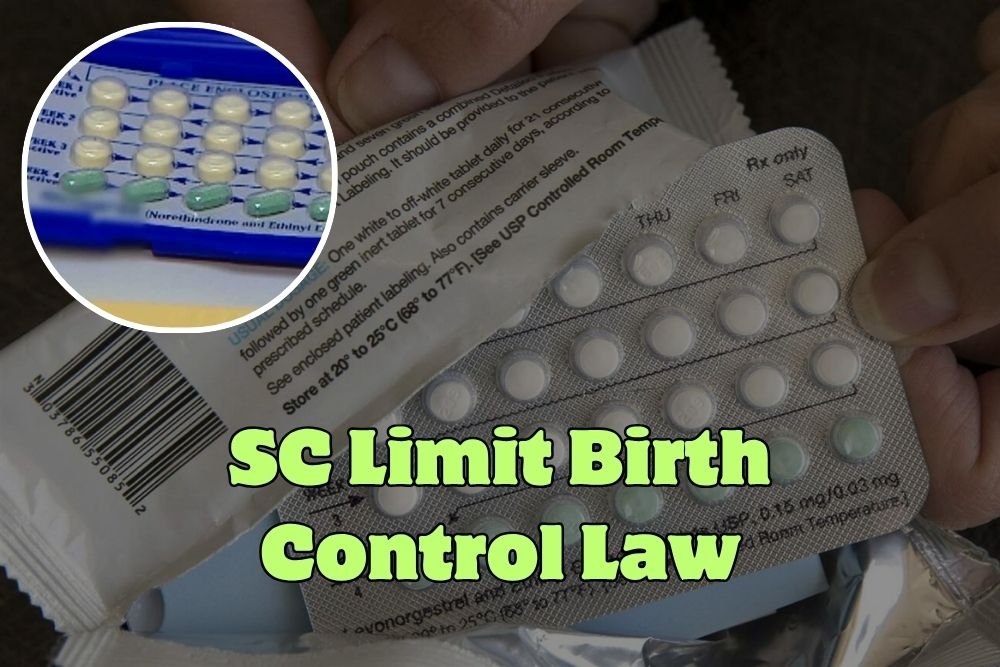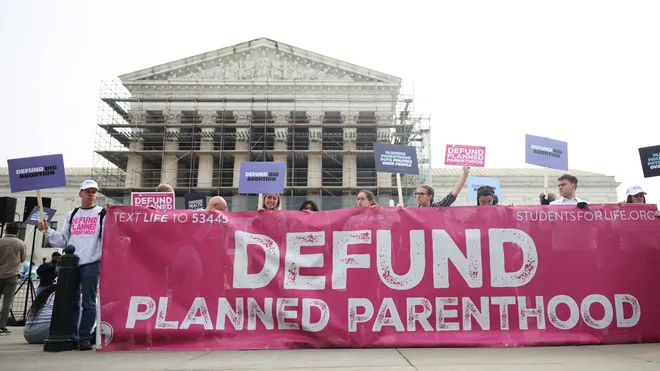South Carolina Bill Could Limit Birth Control Access by Redefining Contraception
GREENVILLE COUNTY, S.C. — A new proposal in the South Carolina Senate is drawing controversy over fears it could severely limit women’s access to common forms of birth control. Senate Bill 323, expected to be formally introduced in the upcoming session, seeks to redefine contraception — a change that could impact millions of women statewide.
How the Bill Redefines Contraception
Under current South Carolina law, contraception includes methods that prevent conception, ovulation, and implantation on the uterine wall. The new bill narrows that definition to only cover devices or drugs that prevent conception itself.
This distinction could exclude several widely used birth control methods, including IUDs, birth control pills, implants, vaginal rings, and emergency contraception (Plan B). Critics say the proposal would effectively make many of these options illegal under state law.
Public Outcry and Health Concerns
The proposal has sparked immediate backlash from healthcare professionals and women’s rights advocates. According to the Centers for Disease Control and Prevention (CDC), more than 65% of women aged 15 to 49 used some form of contraception between 2017 and 2019 — many of which could be restricted under the new measure.
Danielle Johnson, a 29-year-old Greenville County resident who suffers from endometriosis, told reporters she relies on both birth control pills and an IUD to manage her pain. “I want the ability to have a child someday,” she said. “The pain that was taken away by my IUD was a step toward that being my reality. If they took that away, I wouldn’t even be able to get out of bed.”
Johnson said her condition has required multiple surgeries to remove large internal masses. “My doctor described it as a cancer that doesn’t kill,” she said. “I just feel like I’m a ticking time bomb.”
Lawmakers’ Perspective
Supporters of the bill, including Sen. Rex Rice, say the measure is intended to protect unborn children, arguing that life begins at conception. “Unborn children in South Carolina deserve protection,” Rice said.
If passed, the law would restrict nearly all modern forms of hormonal contraception, leaving condoms, spermicides, and diaphragms as the only legal options for preventing pregnancy.
Debate Over Reproductive Rights
Women’s health advocates say the bill could have devastating consequences for those who use contraception not only to prevent pregnancy but also to treat medical conditions like polycystic ovary syndrome, endometriosis, and menstrual disorders.
The measure has become part of a larger debate over reproductive rights in South Carolina following the state’s six-week abortion ban, which was upheld earlier this year. Opponents warn that redefining contraception could represent the next major rollback in reproductive healthcare access.
The Saluda Standard-Sentinel encourages readers to share their thoughts on reproductive healthcare and legislative impacts in South Carolina. Visit SaludaStandard-Sentinel.com for more updates on this developing issue.







